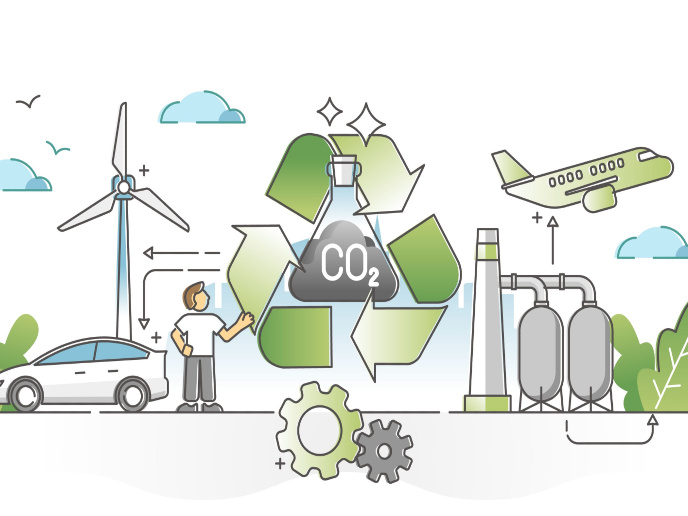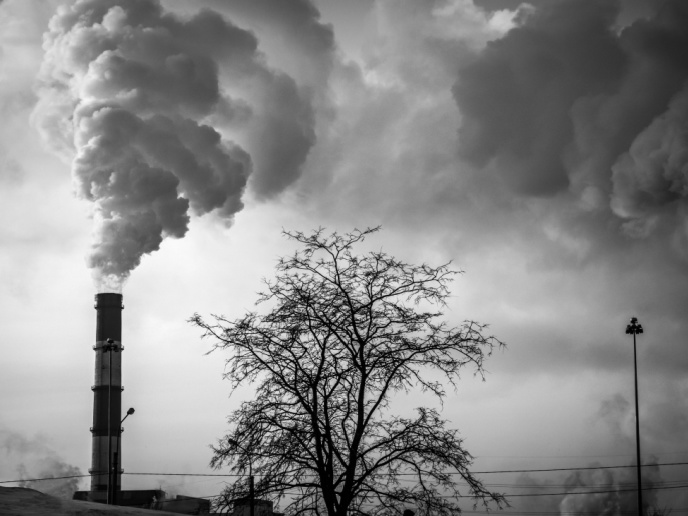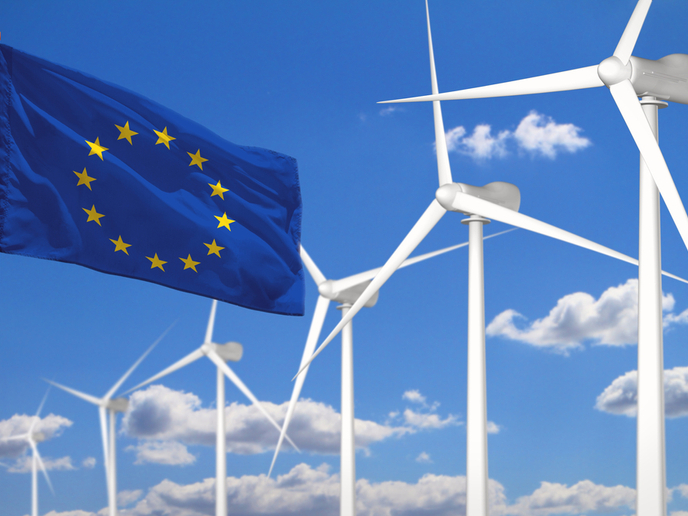Looking at energy use habits
Climate change and the environmental impacts of our resource use are becoming increasingly important factors in many parts of our lives. One key area which needs attention is our future energy supply and use, especially when economic realities are taken into account. We will need to make widespread changes in how we use energy in the future, taking steps to increase efficiency and reduce the amount of energy we consume. All sectors of society will have to adopt more sustainable and renewable energy sources. However, the level of changes needed require large shifts in consumer behaviour. 'Barriers for energy changes among end consumers and households' (Barenergy) was a 30-month EU-funded project looking into different approaches to influencing energy consumption behaviour among these groups. The project looked at two broad areas for behavioural change: the first was energy saving and improving households' energy efficiency; the second was the adoption of new concepts for sustainable and renewable energies. For both areas the team looked at specific areas of consumption, such as car use, domestic heating or household appliance use, and assessed various barriers and strategies to boost efficiency. The research team identified that the same barriers were relevant for energy saving, increasing efficiency and in relation to new technologies. They concluded that a mixture of measures focusing on broad institutional changes and targeted at individuals are needed to overcome existing barriers. For energy saving measures, the researchers found that a lack of knowledge was an important barrier blocking behaviour change. They also underlined that any steps to reduce consumption must not compromise comfort or personal status. Clear and reliable product information is needed to improve energy efficiency by encouraging consumers to take steps such as refurbishing household systems and appliances, or buying more fuel-efficient vehicles. Other important factors are awareness of different products and the subsidies that are available for energy saving measures taken at home. A major barrier is that consumers think green products are more expensive and they do not factor in savings in running costs into their initial buying decisions. Meanwhile, when looking at the purchases of new 'sustainable energy' technologies, such as photovoltaic panels or hybrid cars, consumers need a high level of knowledge and a solid understanding of the products if they are to invest in new concepts. The project, which ended in mid-2010, has helped to improve understanding of how the public views energy consumption and how it fits into people's lives. The results provide valuable insights into how to successfully introduce greater sustainability into our societies.







